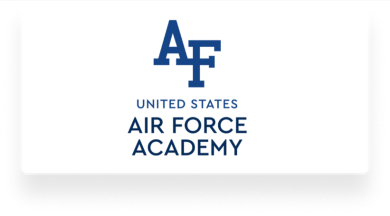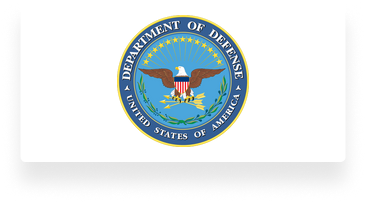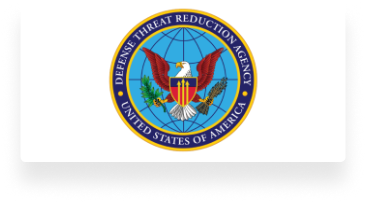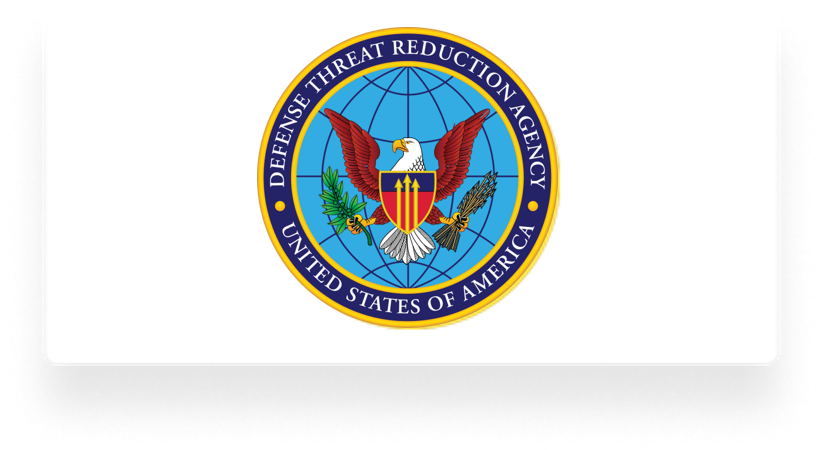Appili Therapeutics Inc. is developing a best-in-class live attenuated vaccine ATI-1701 (F. tularensis SCHU S4 ΔclpB), a genetically modified strain of F. tularensis Type A SCHU S4 that is attenuated by deletion of the clpB gene and designed to work against aerosolized bacteria Francisella tularensis, which the U.S. National Institutes of Health (NIH) defines as a Category A pathogen (an organism that poses the highest risk to national security and public health).
Estimated to be 1,000-fold more infectious than anthrax, experts consider the aerosolized form to have a high potential for use in a bioterrorist attack. Successfully weaponized and likely deployed in the 20th Century, several US adversaries already have operational weapons programs leveraging this pathogen.
In preclinical animal studies, Appili announced positive one-year results from its preclinical study evaluating the efficacy of biodefense vaccine candidate ATI-1701 and demonstrated 100% protection from aerosolized weapons-grade F. tularensis, as compared to a 30% protection from LVS, the only vaccine currently used (but not FDA approved) for prevention of the disease.





Appili is the license holder for ATI-1701 and will develop ATI-1701 under FDA’s Animal Rule, which replaces human efficacy studies with animal efficacy studies, shortening the time to reach market approval. Appili is delighted to be chosen for this tremendous opportunity to partner with government agencies under a public/partnership model to advance the ATI-1701 to the next stage of development.
In October 2023, ATI-1701 was awarded the second stage of funding from U.S. Air Force Academy (“USAFA”), who is working in partnership with Defense Threat Reduction Agency, the funding agency.
The total funding commitments in the amount of US$14 million, will be used to oversee a comprehensive development program for ATI-1701, which includes nonclinical studies, manufacturing, and regulatory activities to support an IND submission.

(1) PHAC PSDS (2011) Anthrax; PHAC PSDS (2011) Tularemia
(2) Oyston P (2004) Nat Rev Microbiol 2: 967-979